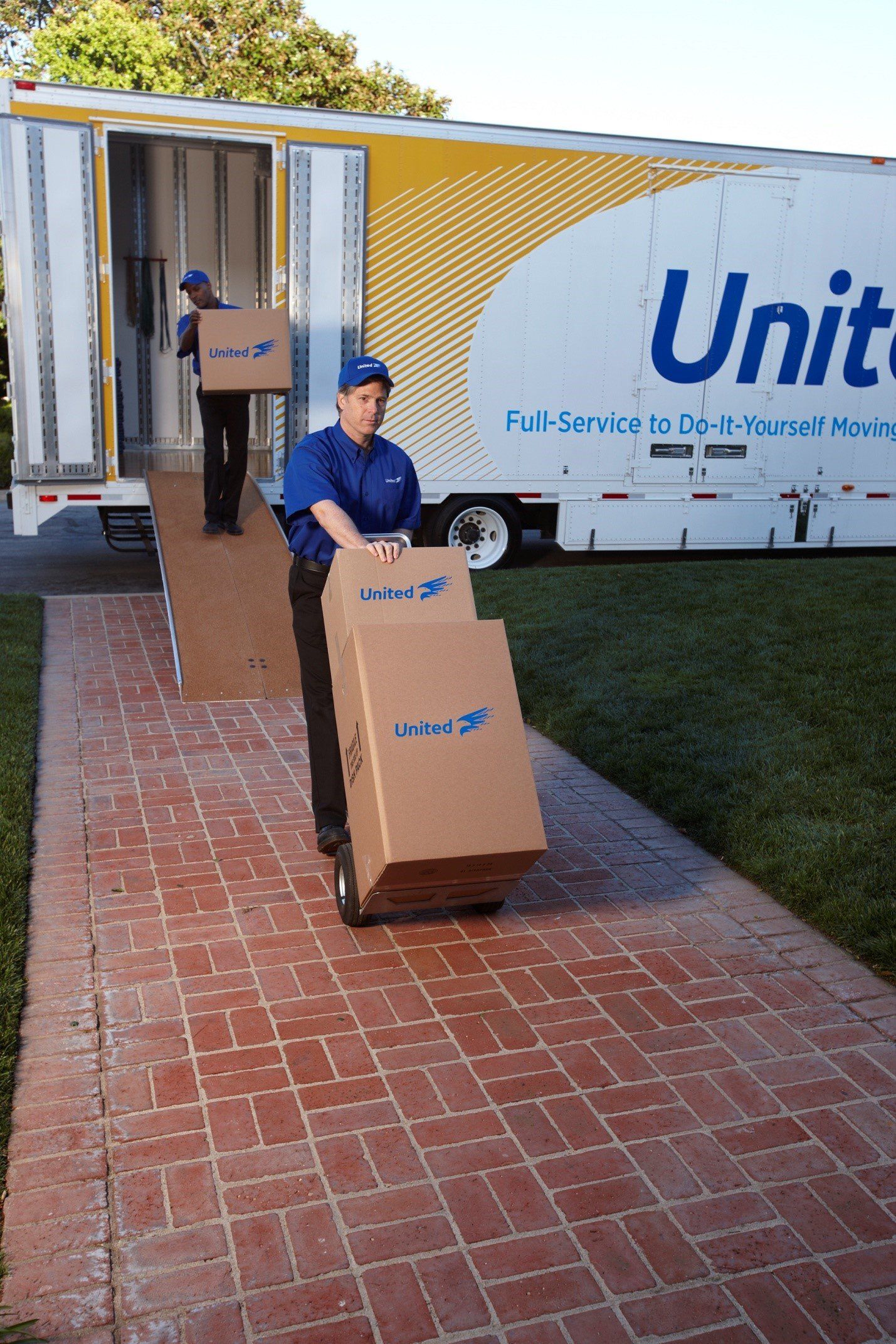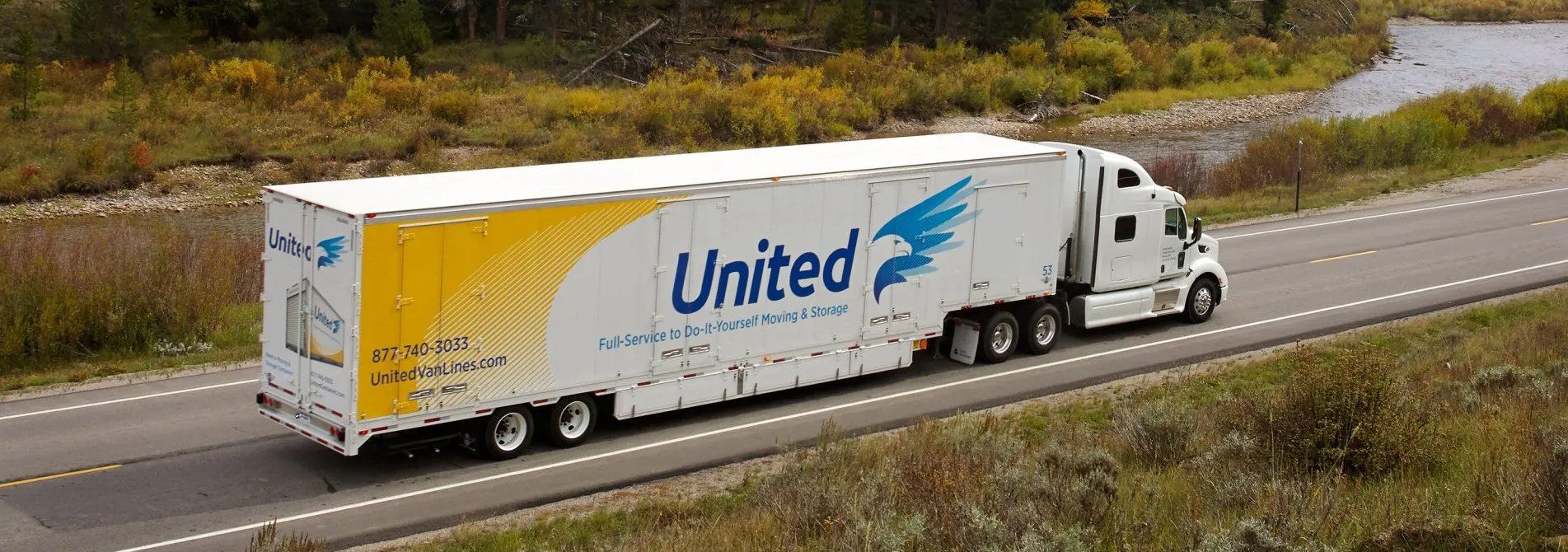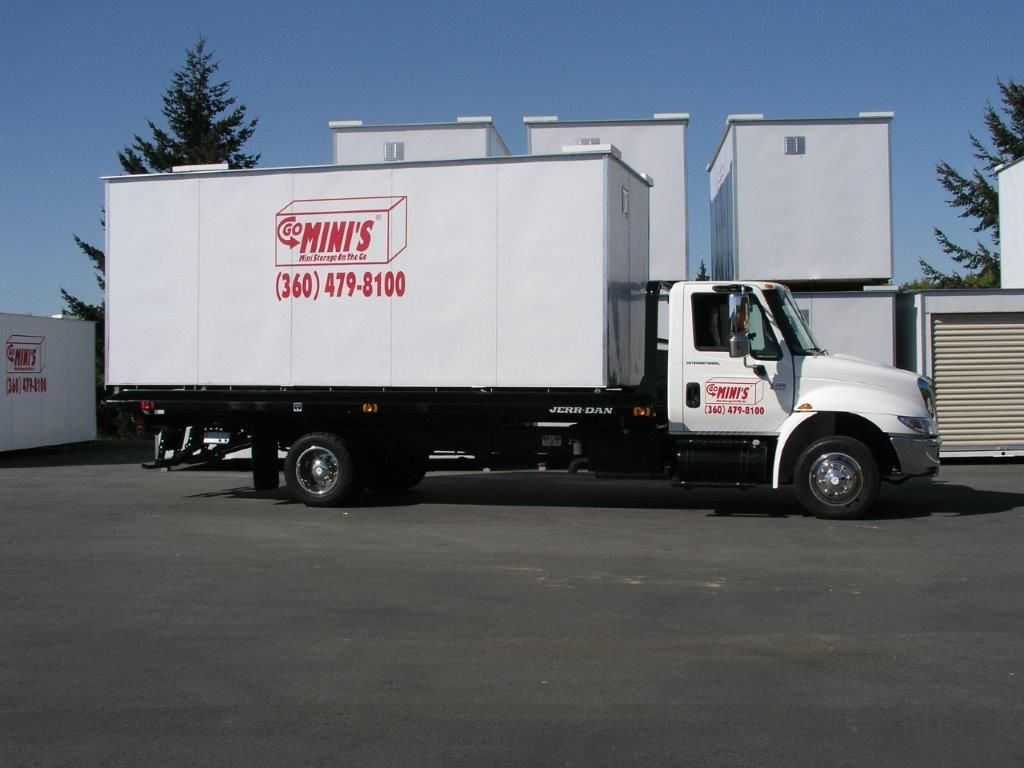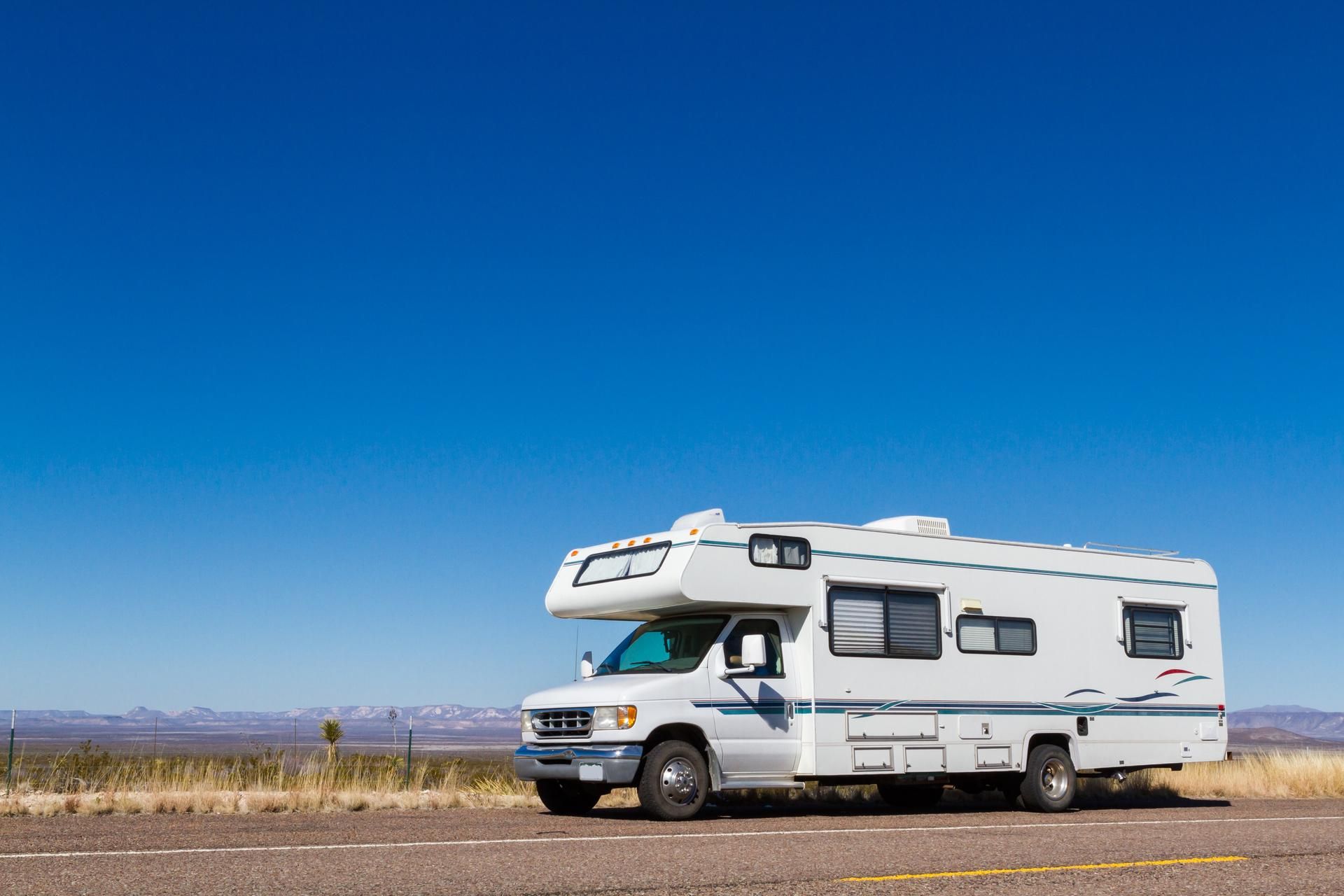Frequently Asked Questions About Interstate Moves

A long-distance move across state lines can offer new opportunities, new scenery, or even a whole new life. At the same time, however, it can also pose numerous potential problems, from the possibility of property damage in transit to the logistical difficulties of storing transported items.
The more you understand in advance about the potential challenges of an upcoming interstate move, the more effectively you can plan for those contingencies, giving you greater peace of mind even as you ensure a smoother overall move. Check out the following frequently asked interstate moving questions and their answers.
What valuation Details Should You Think About?
Your homeowners or auto insurance may protect your possessions both at home and in transit, but only to a certain extent. While your policy may cover these items during transportation and storage, it doesn't cover any accidental loss or damage that might occur as the movers handle them. That level of coverage calls for valuation.
Your moving company should offer you several coverage options to help safeguard your possessions. Valuation acts as an extension of your homeowner’s coverage, protecting items against accidents and natural disasters. You can also get extra coverage against breakage, high-value item coverage, and coverage for stored items.
With interstate movers, liability coverage typically defaults to full value protection. Although it costs more than other options, this comprehensive form of protection covers your possessions for their full replacement value. By contrast, released value protection, while free of charge, offers a mere 60 cents of coverage per pound.
What Assistance Can Your Employer Offer?
If you relocating to another state for work, find out whether your employer offers relocation assistance to its employees.
Whether your current employer relocates you to another branch of the same company or a new company has offered you a position out of state, the employer's relocation package can greatly ease the hassle of the move. Your employer may pay your transportation, storage, shipping, and even temporary housing expenses.
If you qualify for a relocation package as a condition of your employment, ask your employer whether it already maintains a relationship with an interstate mover and related resources. Even if they don't, you may still get permission to engage your own choice of moving, shipping, and storage providers.
When and How Should You Plan Your Move?
No matter how much help you enlist for your upcoming interstate move, bear in mind that the overall process will still require considerable time, thought, and planning on your part. To ensure that everything gets done without a mad scramble, you should start taking action at least eight weeks in advance of your move-in date.
Start by selecting an interstate mover that suits your budget and schedule. This step not only lets you lock in the mover's availability on the needed dates, but it will also give you a clearer picture of what services the mover will provide and what additional details you might need to handle on your own.
If possible, you should visit your new home and community early on to get a feel for details such as square footage, street parking access, and potential challenges such as stairs. Measure the home's interior space so you can start planning where your possessions will fit, based on your own detailed inventory of items.
You'll have plenty to do in the final weeks counting down to your move. Plan time to sell, donate, or discard any items you don't want or need to transport. Schedule the transfers of your electricity, water, gas, and other utilities. Submit address change information to the post office. Start packing those mover-supplied boxes and crates.
Why Should You Consider Renting Storage Space?
Even the most well-planned interstate moves can present surprises. For instance, you might run into last-minute problems that delay the closing date on your new home, or you might need to sit out some final property renovations before you can move in. Rented storage space can protect your possessions in the meantime.
As you shop for interstate moving companies, make sure to choose one that provides a variety of storage options. You might need basic storage for only a few possessions, a climate-controlled storage unit for temperature-sensitive items, or indoor or outdoor storage facilities that can accommodate a car or even a boat.
When you need to make an interstate move, United Moving and Storage can help you make that move simpler, more secure, and more efficient. Our team can move you across state lines, across the U.S., or even to another country. Contact us today to learn more about our services, tell us about your needs, and request a free estimate.













